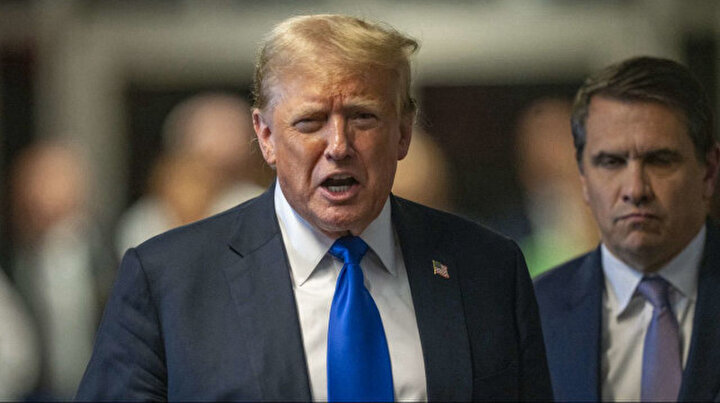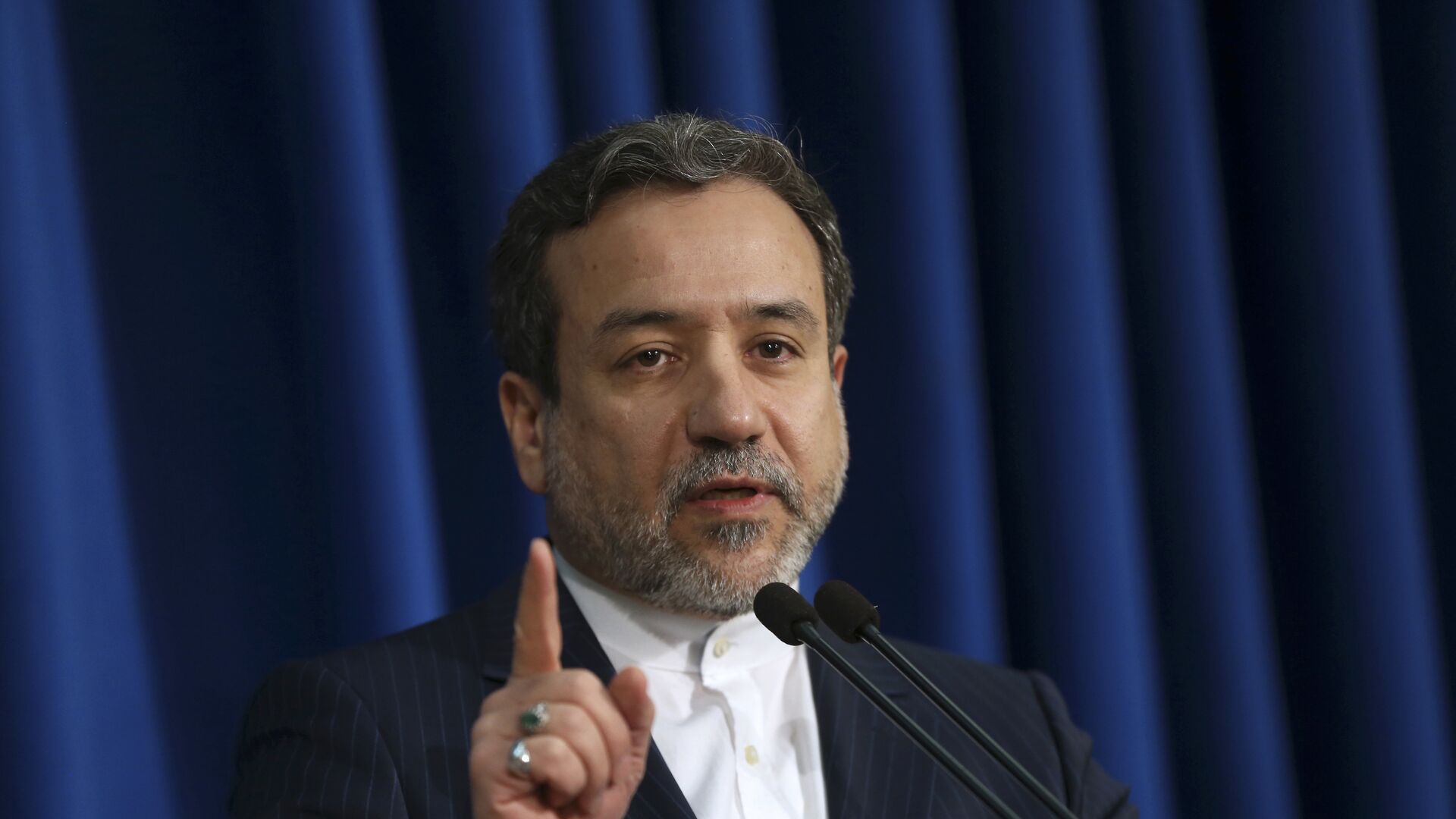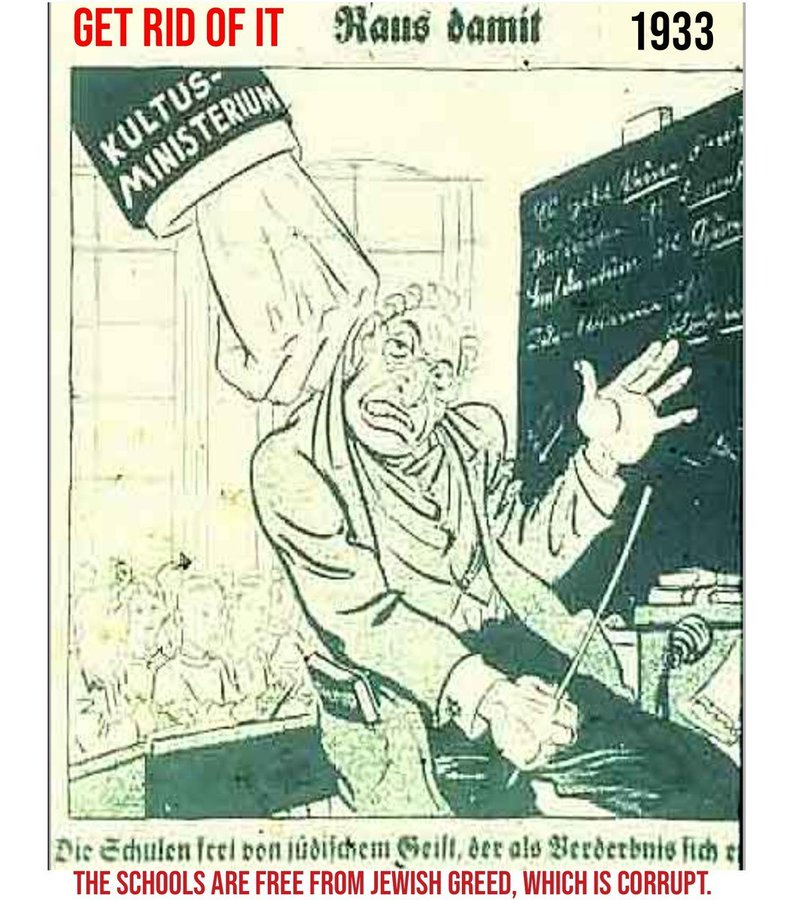Can Donald Trump run for president while convicted of a crime?
Former US President Donald Trump has been found guilty by a court of law on all charges in the ‘hidden money’ case, where he faced 34 felony charges. How will this affect the upcoming presidential election?

After two days of trials, Trump was found guilty, becoming the first former US president to be convicted in a criminal case and the first candidate from a major political party to run as a convicted felon.
Will he be able to continue to run for office? Under the U.S. Constitution, presidential candidates must meet just a few criteria: be over 35 years old, be born in the U.S., and have lived in the country for at least 14 years. No rules prohibit a person with a criminal record from running for office. However, his criminal record could significantly affect the outcome of the election in November.
Polls by Bloomberg and Morning Consult found that 53% of voters in key states would not support a Republican with a criminal record. Another poll from Quinnipiac University indicated that 6% of Trump supporters are less likely to vote for him, which could play a significant role in a tight election race.
What's next for Trump? He remained free on bail after the hearing, and that hasn't changed since the sentencing. The next court hearing to announce the sentence is scheduled for 11 July. Judge Juan Merchan will consider many factors, including Trump's age, when considering the sentence. Possible punishments include a fine, probation or jail time.
Trump, who has denounced the sentence as ‘disgraceful,’ is likely to appeal it. That process could take months or even years.
Could Trump end up in prison? While unlikely, it is possible, given that all 34 charges are among New York's lowest-level felonies, each carrying up to four years in prison. A judge could decide not to send the former president and presidential candidate to prison.
Will he be able to vote? Trump will probably be able to vote this autumn. In Florida, where he resides, the law allows those convicted of felonies in another state to vote if they are not denied that right in the state of conviction. Since convicts can vote in New York if they are not incarcerated, Trump will retain his voting rights in the 5 November election unless he is incarcerated.
From information sent by an anonymous source



:focal(0.49:0.37):format(webp)/YXJ0aWNsZXMvaW1hZ2UvMjAyNS80LzIwMjIxMjAzLWdhZi11NTUtNzkwLmpwZw.webp?w=1920)





















